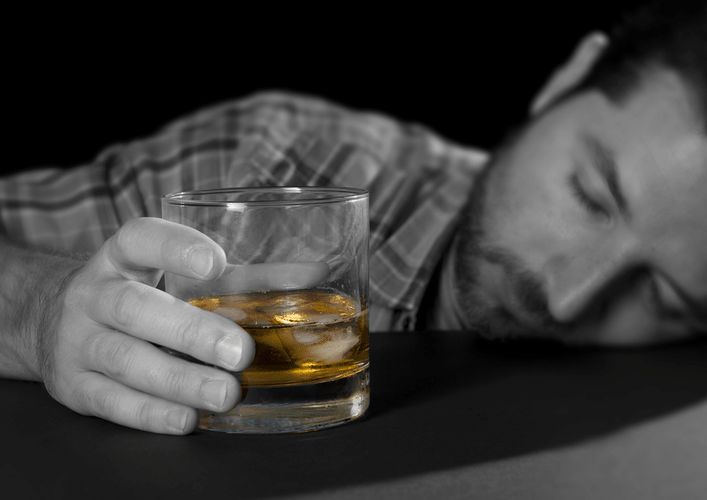“She picks them up off the street, take them to detox, puts them in a hotel room sometimes, or brings them straight in there — straight off the street. I’ve seen her do so many miracles in people’s lives.” In fact, 96% of their graduates stay clean and sober once they leave the program. But it’s not easy; only 27% of the clients graduate from the program. So she returned to recovery, went back to Narcotics Anonymous meetings and worked her 12-step program. When she got clean for the last time, she said she was in so much pain the drugs weren’t working anymore.
Eventbrite Promoted Illegal Opioid Sales to People Searching for Addiction Recovery Help
That is because the brain is plastic and changes in response to experience—the capacity that underlies all learning. In one set of studies looking at some measures of dopamine system function, activity returned to normal levels after 14 months of abstinence. Over time, reward circuits regain sensitivity to respond to normal pleasures and to motivate pursuit of everyday activities.
- I am purposely raising my kids to know that it’s not the substance (alcohol or drugs) that is the problem, but that other factors make some people more vulnerable to substance use becoming dysfunctional.
- Trust is a fundamental part of every relationship, and it often takes a big hit during periods of substance use.
- Methods that can demonstrate dynamic physiological information about brain function and activity.
- This article discusses what you will need to do to overcome an addiction and offers tips that can help.
- The chronic nature of addiction means that for some people relapse, or a return to drug use after an attempt to stop, can be part of the process, but newer treatments are designed to help with relapse prevention.
Medications for opioid use disorder (MOUD)
Our choices and actions—both conscious and unconscious—contribute to the vast majority of the problems we experience, including those related to active addiction. In the same way, success is usually a result of the choices we make and the actions we take. With hard work, patience, and love (for yourself and others), reconnecting with the people you care about most and building new, stronger relationships is totally possible. If you need further help or support during https://thefremontdigest.com/top-5-advantages-of-staying-in-a-sober-living-house/ the relationship recovery process, consider speaking with an individual, family, or couples therapist. “They can also begin to rebuild trust with their partner through this process, which involves increasing transparency and honesty, as well as taking steps to build healthier behaviors,” she adds. For the person living with SUD who feels rejected, Green notes that this isolation can make it more challenging to receive the emotional support needed during recovery.
Avoid Relapse
Besides “Don’t drink and drive,” this was the extent of how I was taught to drink responsibly. Like most kids, most of my knowledge about alcohol and drugs didn’t come from my parents or my school’s alcohol and drug education programs. Recovery is also about individuals regaining a compass and learning to trust themselves enough to make changes and explore options. While it can take a great deal of courage to pursue adding to a personal patchwork, it is imperative to have appropriate clinical, self-help, loved one, or coaching support when making these shifts. In the past, there were fewer self-help and treatment program options and less access to resources. The landscape has changed post-pandemic, and innovations in the self-help and treatment space, as well as many virtual options, have increased access to care.
- It’s maintaining change that’s hard—creating new and sustained ways of thinking and behaving.
- They can also help you plan for tough days so one bad decision doesn’t derail everything.
- Integrated treatment is an effective form of treatment to deal with addiction and co-occurring disorders, meaning mental illnesses, such as depression, schizophrenia, or bipolar disorder, that occur alongside drug or alcohol addiction.
- It gets in the way of recovery, self-acceptance, and accessing help when needed.
The key is cultivating new goals and taking measures to move towards them. The motivational force of new goals eventually helps rewire the brain so that it has alternatives to the drive for drugs. It’s hard to leave addiction behind without constructing a desirable future. No matter which pathway of recovery a person chooses, a common process of change underlies them all.
In 2021, Russell took everything she learned in recovery and started Foundations to Freedom, a DeLand-based nonprofit organization that provides sober-living housing, commonly known as halfway houses, to people working to stay clean. The Sober House group opened its first house in 2022, and now operates nine houses, including a safe house for domestic violence and trafficking victims. Methods that can demonstrate dynamic physiological information about brain function and activity.

What is the Role of Therapy in Recovery?
